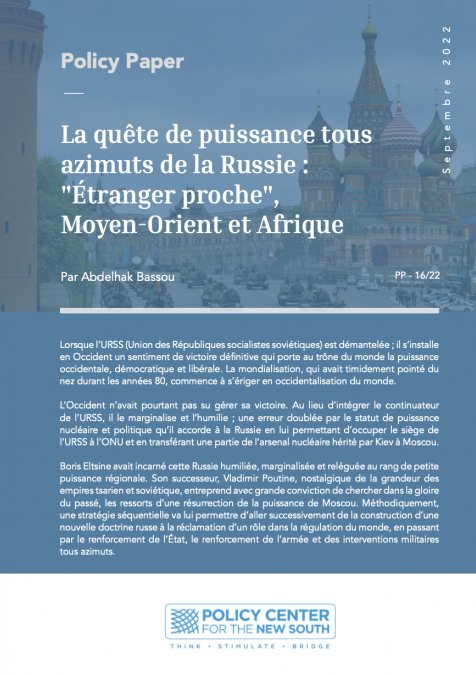Idayat Hassan, Director, Center for Democracy and Development (CDD)
Speakers

Idayat Hassan
Director, Center for Democracy and Development, Nigeria
Idayat is the Director, Centre for Democracy and Development (CDD), an Abuja based policy advocacy and research organization with focus on Deepening Democracy and Development in West Africa. Her core interest spans democracy, peace and security and transitional justice in West Africa. She is a lawyer by profession and has held fellowship in several universities across Europe and America.
...









